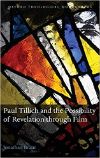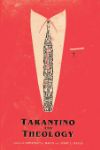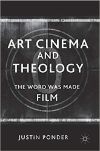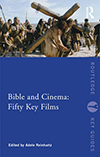- Author(s): Kwai-Cheung Loa
- When: 2016-04
- Where: Journal of Chinese Cinemas
This essay examines how, under the conditions that religion has been appropriated to serve political purposes in modern China, the Tibetan filmmaker Pema Tseden makes use of the Buddhist mode of thought to reflect upon the complex situations his community is facing in order to seek a way of life that has been alienated by many forms of control and infringement. While modernity's impacts are subtly examined and Tibetan traditions are critically reviewed, the reflexivity in Pema Tseden's movies also breaks down the false dichotomies that have been conventionally upheld. Their aesthetic and political productivity precisely lies in the tension between the subjective intervention of telling stories and the muteness of banal realities in Tibet overwhelmed by numerous stereotypical representations.







